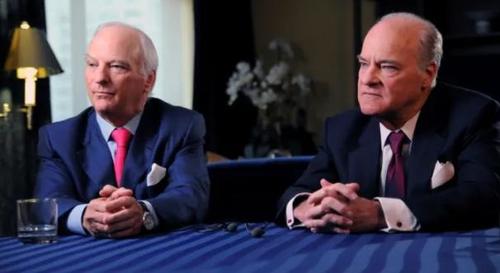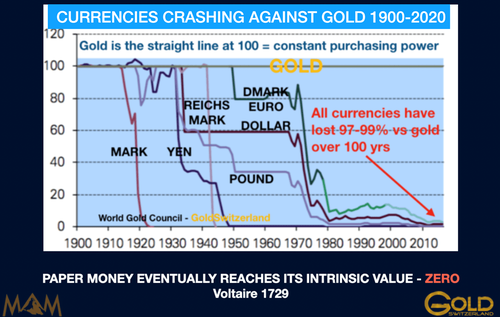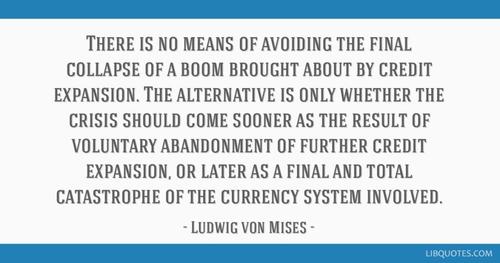Thanks to Eugene for inviting me to blog about the historical arguments made by the State of New York and its supporting amici in New York State Rifle & Pistol Association v. Bruen. Bruen presents the issue of whether states may limit the right to carry firearms in public for self-defense to those individuals who can convince licensing officials that they have some special need to do so. If states can limit the right to carry in this way, then it is not really a right but rather a privilege subject to government control and rationing.
In my recent book, The Right to Bear Arms: A Constitutional Right of the People or a Privilege of the Ruling Class?, I extensively survey the historical evidence and conclude that the founding generation understood the right to bear arms to be a genuine right not subject to the types of limitations New York and other “may issue” states place upon it. Nothing that New York and its amici have said undermines that conclusion. Indeed, my book anticipates and addresses most if not all of the arguments made and primary historical sources cited by New York and its amici.
In this series, I plan to address several key points of contention among the parties about what history shows about the right to carry, including the Statute of Northampton and its American analogues and the so-called “Massachusetts model” of regulating individuals carrying firearms in a threatening manner through a surety system. I also will address the historical arguments made in the amicus brief filed by former Judge Michael Luttig, who surprisingly to many supports the State of New York in this case.
At the outset, however, I will begin by emphasizing the overwhelming evidence that during the Founding generation the carrying of firearms in public was a common and unremarkable practice. This evidence is impossible to square with the argument that public carry was heavily restricted and in most cases criminal at the Founding, and it therefore casts serious doubt on New York’s arguments to the contrary before the details of those arguments are even assessed.
In 1803, shortly after the adoption of the Bill of Rights, St. George Tucker, a prominent lawyer, law professor, and judge in the Early Republic, produced an influential edition of Blackstone’s Commentaries on the Laws of England. In an appendix to that work, he explains that “[i]n many parts of the United States, a man no more thinks, of going out of his house on any occasion, without his rifle or musket in his hand, than an European fine gentleman without a sword by his side.” This ringing affirmation of the ubiquity of public carry is fundamentally inconsistent with any interpretation of ambiguous founding-era laws that would hold the public carrying of firearms to be typically outlawed.
The truth of Tucker’s observation is shown by the practices of the most prominent citizens of the Founding generation, including our Nation’s first Presidents. New York attempts to dismiss such examples as “anecdotes about founding fathers carrying guns” (NY Br. 23), but they cannot so easily be swept aside. If New York’s interpretation of Founding-era statutes and common law were correct, it would mean that our Nation’s most illustrious citizens were engaged in recurrent criminal behavior and encouraged others to do the same. That is utterly implausible.
A few examples should suffice to show how incongruous New York’s interpretation of history is.
- Thomas Jefferson advised his nephew to “[l]et your gun . . . be the constant companion of your walks.”
- Alexander Hamilton was often “seen wandering through the woods of Harlem with a single-barrelled fowling-piece.”
- John Adams was so enthusiastic about shooting that he would take his gun “to school and leave it in the entry and the moment it was over went into the field to kill crows and squirrels.”
- James Monroe similarly would carry his “musket slung across his back” when on his way to school.
These are just a few of the examples discussed in the historical brief filed in Bruen by the Second Amendment Foundation and other groups (see SAF Br. 12–15), which I recommend in addition to my book to anyone interested in these historical issues.
Further evidence against New York’s interpretation of history is provided by the restrictions on carry by slaves and free persons of color that were on the books at the founding. I discuss these restrictions in Faux Histoire of the Right to Bear Arms: Young v. Hawaii (9th Cir. 2021), my comprehensive critique of the Ninth Circuit’s decision effectively holding that there is no right to bear arms in public.
One example, quoted at pp. 27–28 of my paper, is an 1811 Virginia law providing that “[n]o free negro or mulatto, shall be suffered to keep or carry any fire-lock of any kind, any military weapon, or any powder or lead, without first obtaining a license from the court” where he resided. On New York’s telling, this law would have given free persons of color greater rights to carry arms than white citizens, because on New York’s view public carry generally was broadly restricted and there was no mechanism for white citizens to get a license to carry. This plainly was not the case. In reality, white citizens presumptively had a right to carry and it was a mark of the shameful treatment of free persons of color as lacking the fundamental rights and privileges of citizenship that their ability to keep and bear arms was subject to the discretionary judgments of state licensing officials.
Indeed, this is exactly what Chief Justice Taney explained in the infamous Dred Scott decision, reasoning that were free persons of color able to be citizens they would be entitled to “carry arms wherever they went.” 60 U.S. at 417. The Fourteenth Amendment sought to eliminate this legacy of prejudice by extending the rights of citizenship, including the right to bear arms, to all Americans, regardless of race. New York, through its revisionist history, is seeking to move in the opposite direction and constrict the fundamental freedoms of all Americans. Tomorrow, I will address one of the key historical pillars of New York’s case—the 14th Century Statute of Northampton.
Disclosure: I filed an amicus curiae brief pro bono in support of petitioners in Bruen on behalf of the National African American Gun Association, Inc.
from Latest – Reason.com https://ift.tt/3iSCLY6
via IFTTT









